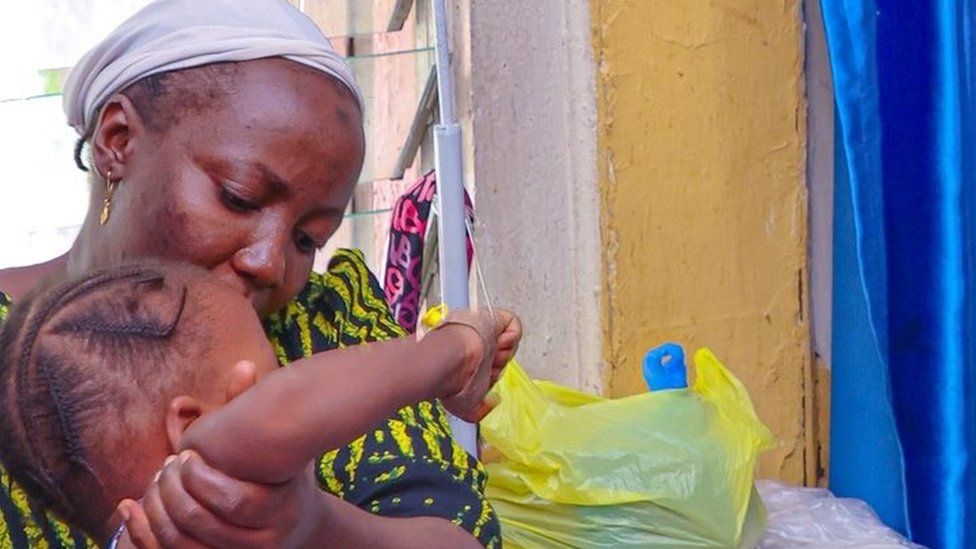-

-
-
Loading

Loading

Nigeria is currently facing a severe outbreak of diphtheria, with over 600 people, mostly children, losing their lives since December 2022. The situation is much worse than the previous outbreak in 2011, which reported only 98 cases. The epicenter of the outbreak is the Kano state in northern Nigeria, where more than 500 deaths have been recorded. However, there has been a recent decline in active cases. Diphtheria is a highly contagious disease that primarily affects the nose and throat. It can also lead to skin ulcers. The disease is usually spread through coughing, sneezing, or close contact with an infected person, and in severe cases, it can be fatal. Vaccines are available to prevent diphtheria, but many of the children who lost their lives in Nigeria were not vaccinated, according to Dr Faisal Shuaib, the head of the National Primary Health Care Development Agency. During a visit to a diphtheria isolation center in Kano city, Dr Shuaib expressed his distress over witnessing young children suffering from a preventable disease. The death toll has continued to rise, with the Nigeria Centre for Disease Control and Prevention reporting 453 fatalities and 11,587 suspected cases as of 24th September. However, the World Health Organization (WHO) believes the actual numbers could be higher due to limited testing and underreporting of symptoms by some patients. Despite these challenges, Dr Shuaib highlighted that measures such as contact tracing have contributed to a decline in the number of cases. The outbreak has affected 19 out of Nigeria's 36 states, including the federal capital, Abuja. The worst-hit states are all located in the northern part of the country, including Kano, Yobe, Katsina, Borno, Jigawa, and Kaduna. Health authorities are urging parents to ensure their children are immunized, emphasizing that immunization is the most effective way to control the ongoing outbreak. Only 57% of Nigerians have received the pentavalent vaccine, which protects against diphtheria and four other life-threatening diseases, according to the WHO. The organization recommends that Nigeria increases its vaccination coverage to at least 80% of the population in order to prevent future diphtheria outbreaks. The last major outbreak in the country occurred in 2011, with 21 deaths and 98 infections reported in Borno state, according to the WHO.